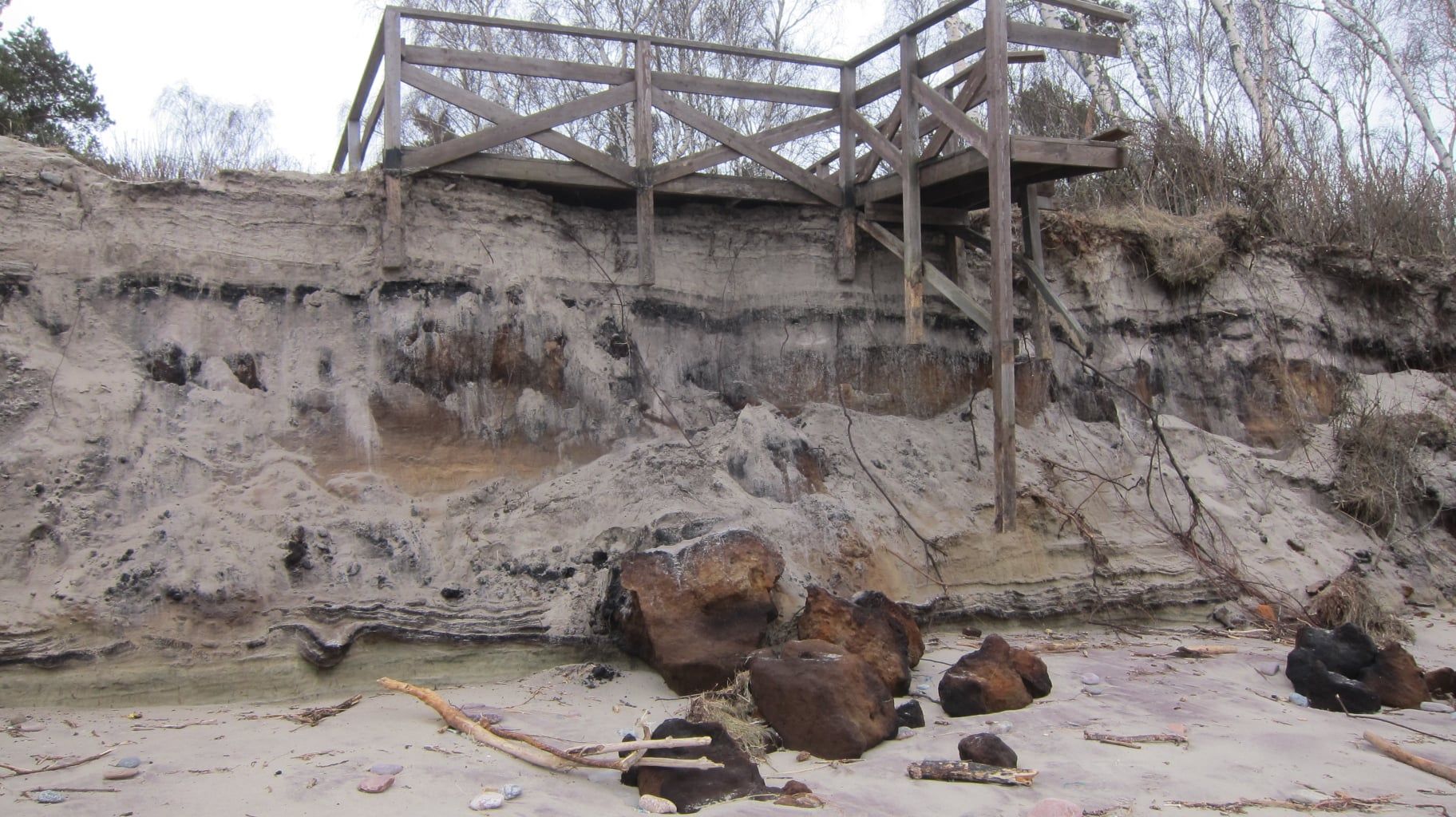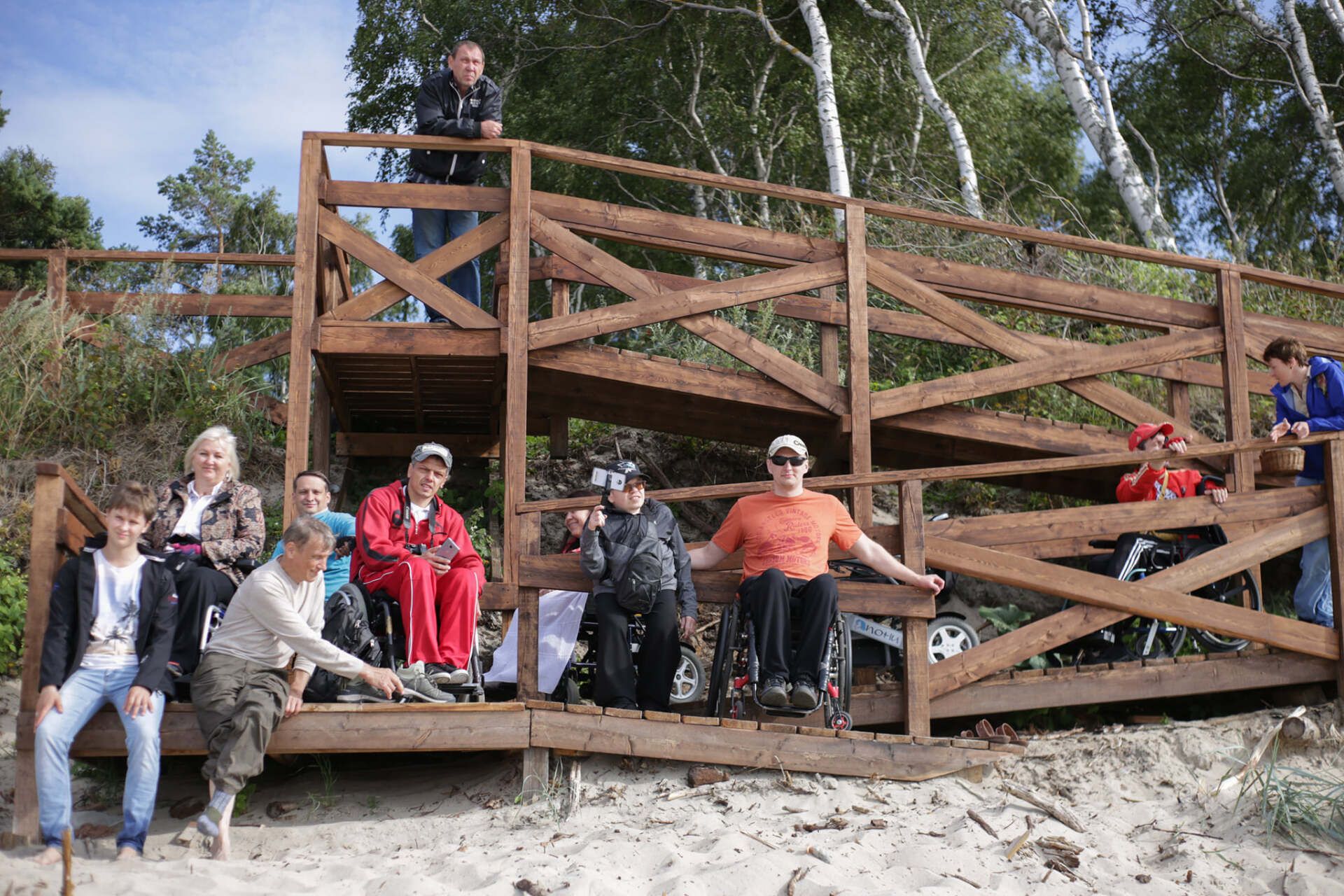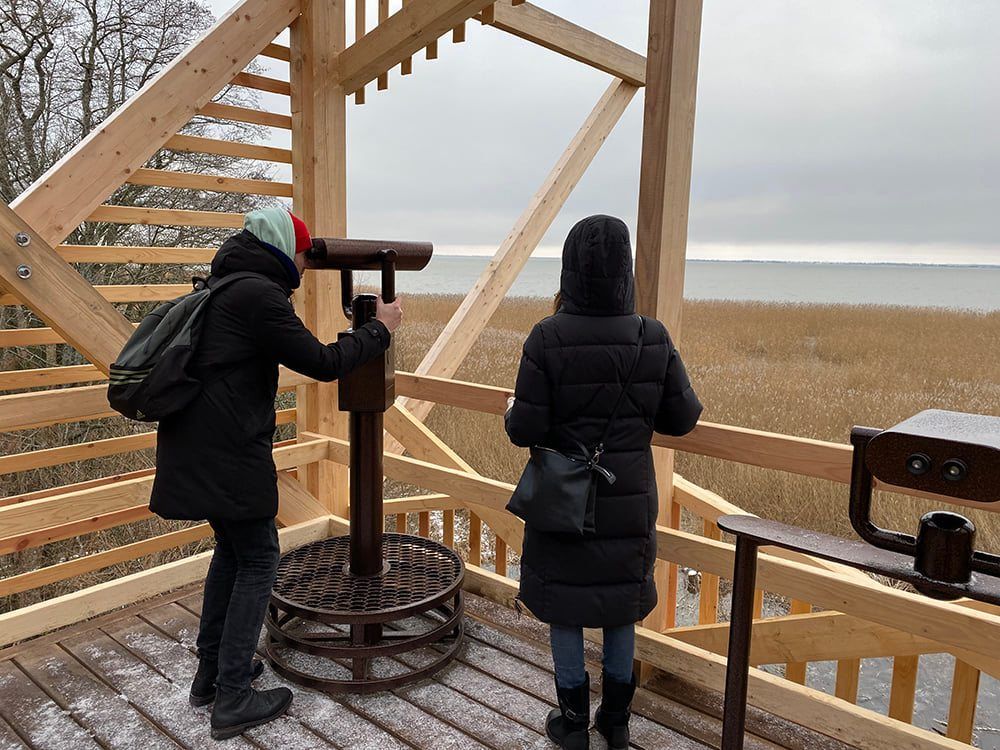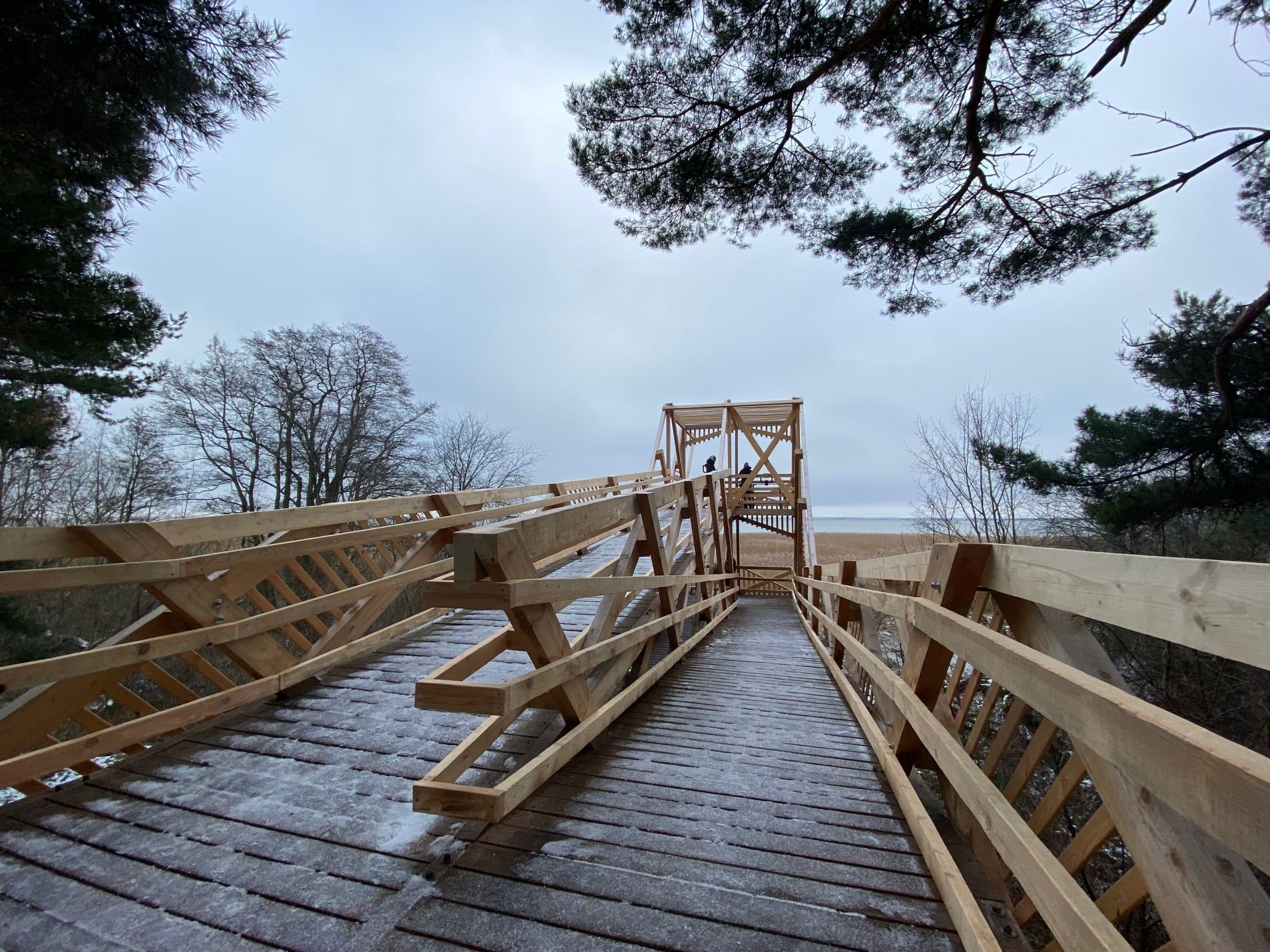By CCB
•
February 24, 2026
Coalition Clean Baltic – CCB is a politically independent network, uniting 28 environmental non-profit organizations, as well as partners and experts from 11 countries surrounding the Baltic Sea. The main goal of CCB is to promote the protection and improvement of the environment and natural resources of the Baltic Sea region by encouraging new and constructive approaches and engaging people to become part of the solution instead of part of the problem. CCB Secretariat is based in Uppsala, Sweden. About the Role Coalition Clean Baltic (CCB) is seeking a Marine Policy Officer (parental leave cover) to join its International Secretariat and contribute substantively to regional and EU-level marine advocacy, with a particular focus on the Baltic Sea. The Marine Policy Officer will support the implementation of EU and international marine environmental policy frameworks — notably the EU Marine Strategy Framework Directive (MSFD), the EU Maritime Spatial Planning Directive (MSPD) and the HELCOM Baltic Sea Action Plan (BSAP) . All work is grounded in the promotion of ecosystem-based management. The role includes close collaboration with the rest of the Secretariat team as well as CCB member organisations to deliver policy initiatives, advocacy actions, and strategic programme objectives. The Marine Policy Officer will also support the International Secretariat in fundraising, with a focus on the EU LIFE operational grant application. Key Responsibilities Policy & Advocacy Support the implementation of CCB’s strategic plan on marine biodiversity policy. Contribute to marine policy advocacy at EU and at Baltic Sea regional levels (e.g. HELCOM, EU Commission expert groups). Provide input to the implementation and revision of the Marine Strategy Framework Directive. Collect evidence and views to provide NGO inputs to the forthcoming EU Ocean Act and related initiatives. Support the implementation of the Helsinki Convention and Baltic Sea Action Plan. Engage in the revision processes related to the Marine Spatial Planning Directive (MSPD). Programme & Grant Delivery Provide critical support in fundraising, i.e. project proposal development, especially for securing core grant funding (e.g. for the EU LIFE Programme and potentially Horizon programme). Contribute to CCB´s project management, implementation and reporting activities for various projects. Coordination & Monitoring Closely coordinate marine biodiversity policy work with CCB member organisations. Monitor global, EU, and regional marine policy developments. Liaise with partner NGOs and civil society organisations. Communications & Policy Products Draft position papers, policy briefings, consultation inputs and technical reports on relevant files. Support communications and outreach on marine policy issues. Help organise workshops, conferences, and stakeholder events. Represent CCB in policy dialogues, expert groups, and stakeholder forums at the EU and Baltic Sea level. Cross-organisational Support within the Secretariat and its members Contribute to other CCB thematic working areas as required. Profile We are seeking a policy professional who is: Solutions-oriented and adaptable Experienced in advocacy or campaigning Collaborative and team-driven Passionate about marine conservation Organised, diplomatic, and stakeholder-confident Required Qualifications & Experience Demonstrable professional experience in marine or environmental policy. Working knowledge of key EU frameworks, particularly the EU Marine Strategy Framework Directive (MSFD). Knowledge of Helcom BSAP is an asset. Postgraduate qualification in marine science, ecology, conservation, water management, or related discipline with substantial marine focus. Eligibility to work and travel within the EU (citizenship or valid permit) with residency in Sweden. Excellent written and spoken English. CCB also welcomes applicants from broader environmental policy/law backgrounds who can demonstrate relevant knowledge. Desirable Skills Experience within the NGO or civil society sector preferred. Advocacy or campaigning experience within the EU, the Baltic Sea or international environmental policy processes. Working knowledge of a Baltic Sea region language (e.g. Swedish, Danish, Finnish, German, Polish, Latvian, Lithuanian, Estonian).






